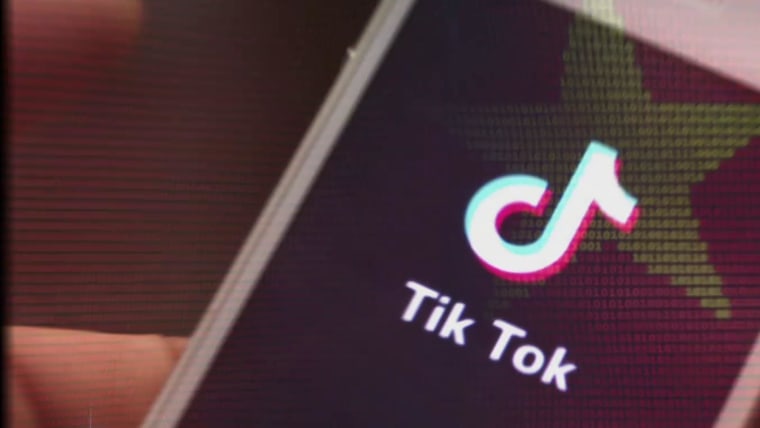There's good news for TikTok fans: The videos of somersaulting cats and dancing squirrels that have kept them chuckling through the pandemic are safe for now.
The Commerce Department said in a formal government notice issued Thursday that it would not enforce its previous order forcing TikTok to shut down, citing a judicial ruling in an ongoing lawsuit.
To enthusiasts of the video sharing social media platform, the decision means the videos that have launched a thousand memes like, "Peppa what are you doing in my chocolate," are not going away for the time being.
The decision, which was first reported by The Wall Street Journal, is the latest in a saga that began this summer, when President Donald Trump issued an executive order banning U.S. transactions with TikTok's Chinese corporate owner, ByteDance.
At the time, Trump claimed that TikTok was a national security threat and required that ByteDance divest itself of its U.S. assets.
But plenty of TikTok fans disagreed — as did TikTok. On Sept. 18, the company sued Trump in federal court in Washington, D.C., arguing that the ban was "unlawful and unconstitutional." The same day, three TikTok stars sued Trump and the Commerce Department in a separate federal action in Philadelphia, calling the executive order "unconstitutionally overbroad and an impermissible prior restraint of speech."
Soon the courts were ruling in favor of TikTok. By Sept. 27, a federal judge in Washington, D.C., concluded that a "preliminary injunction is appropriate," ruling in favor of TikTok. The government swiftly appealed.

Then, on Oct. 30, U.S. District Judge Wendy Beetlestone similarly granted a preliminary injunction in the Philadelphia case. In that case, known as Marland v. Trump, Beetlestone found that the government's descriptions of the alleged national security threat "are phrased in the hypothetical" and that ultimately, the government had to effectively put its ban on hold. Critically, Beetlestone found that the government had likely gone beyond its authority under the International Emergency Economic Powers Act, a 1970s-era law that allows the president to regulate international commerce amid threats to the nation. On Thursday, government attorneys formally announced that they would appeal the Marland ruling.
In a four-page notice it issued Thursday, the Commerce Department said Trump's executive order "WILL NOT GO INTO EFFECT."
Still, TikTok is not entirely in the clear. The U.S. Court of Appeals for the District of Columbia Circuit will hear oral arguments In TikTok v. Trump on Dec. 14.




Comments
Post a Comment